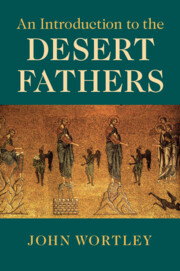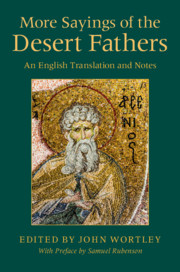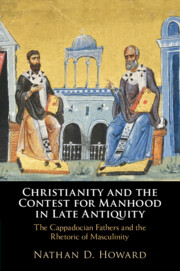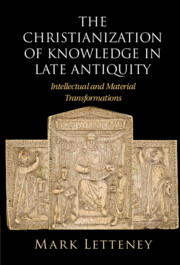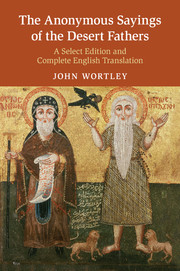An Introduction to the Desert Fathers
Christian monasticism emerged in the Egyptian deserts in the fourth century AD. This introduction explores its origins and subsequent development and what it aimed to achieve, including the obstacles that it encountered; for the most part making use of the monks' own words as they are preserved (in Greek) primarily in the so-called Sayings of the Desert Fathers. Mainly focussing on monastic settlements in the Nitrian Desert (especially at Scêtê), it asks how the monks prayed, ate, drank and slept, as well as how they discharged their obligations both to earn their own living by handiwork and to exercise hospitality. It also discusses the monks' degree of literacy, as well as women in the desert and Pachomius and his monasteries in Upper Egypt. Written in straightforward language, the book is accessible to all students and scholars, and anyone with a general interest in this important and fascinating phenomenon.
- Discusses when, where and why Christian monasticism emerged
- Explores the daily lives and teaching practices of the early monks, including how they prayed, worked, ate and slept
- Uses the monks' own words as preserved in the Sayings of the Desert Fathers, making them accessible to non-specialists
Reviews & endorsements
'… a valuable introduction for anyone interested in what is one of the most influential literatures in the history of Christianity.' Samuel Rubenso, Journal of Ecclesiastical History
'… I commend and recommend this book to anyone interested in discovering more about the early desert monastics.' Tim Vivian, The American Benedictine Review
Product details
June 2019Paperback
9781108703727
208 pages
228 × 152 × 12 mm
0.31kg
2 maps
Available
Table of Contents
- 1. Desert Fathers
- 2. Beginnings
- 3. Becoming a monk
- 4. Impediments to progress
- 5. The object of the exercise
- 6. Prayer
- 7. Discretion
- 8. Work
- 9. Eating and drinking
- 10. Hospitality and neighbourliness
- 11. Women in the desert
- 12. Literacy
- 13. Heresy
- 14. The Pachomian experiment.

